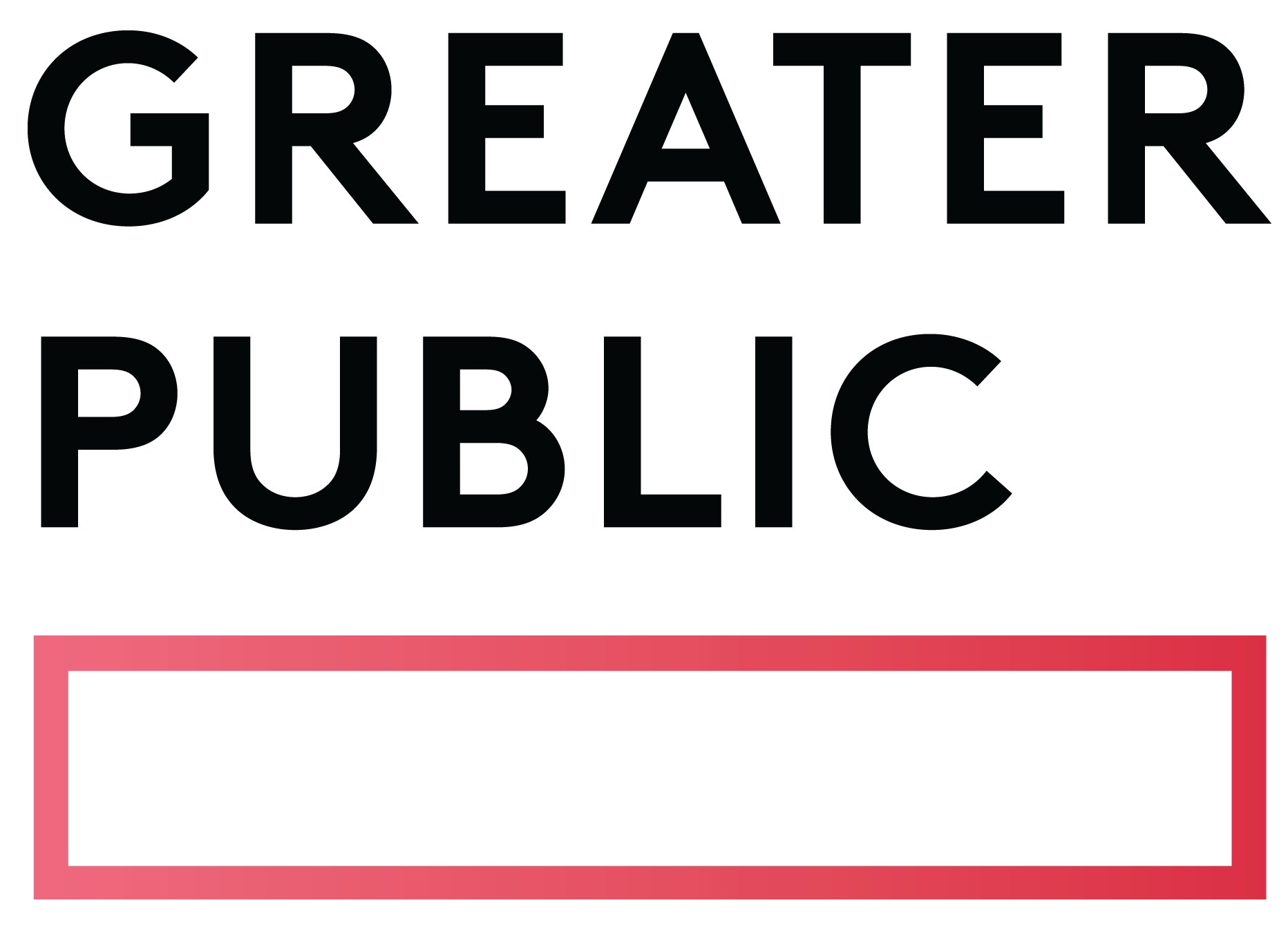Related Articles
Subscribe to the Greater Public newsletter to stay updated.
This site is protected by reCAPTCHA and the Google Privacy Policy and Terms of Service apply.

According to several national polls (like this one from Gallup), over half of American adults—and perhaps as many as 6 out of 10—don’t have wills. Everyone should have a plan, both for themselves and for loved ones. The reasons why many don’t range from discomfort with the topic, to simple procrastination, to a lack of information about how to start.
This week (October 16-22) is National Estate Planning Awareness Week. We can help our donors by giving them the information they need to get started with planning. Among this information is how charitable planning can help them as well as their public media stations and other charitable organizations they love most.
Estate planning is more than simply deciding who gets the family candlesticks. Among some of the questions addressed through thoughtful planning:
The good news is that, for most of us, it’s not too late to start, or to revisit outdated plans. While recognizing that development professionals only give general educational information and can’t give legal or tax advice, there are several ways to help our donors along the path:
One of the best things about having a solid estate plan in place is peace of mind. Your donors will feel good about themselves—as they should—and know that they’ve done something good for their families. If we do a good job of helping our donors help others, some of those donors will remember our stations in their planning too.

View these related member resources and more with a Greater Public membership:
This site is protected by reCAPTCHA and the Google Privacy Policy and Terms of Service apply.
New to Greater Public? Create an account.
